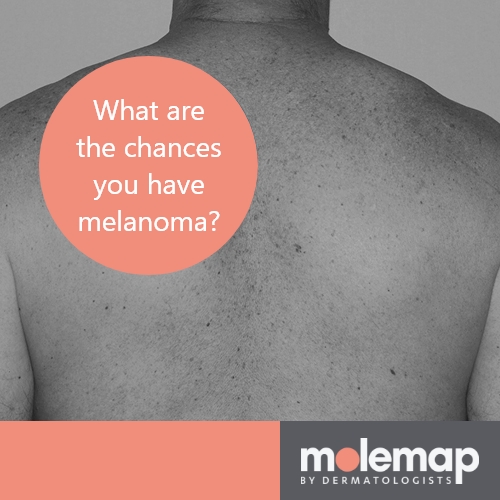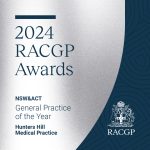Skin Checks and Molemap
What do you need to know about skin cancer?
Australia has the unfortunate title of the ‘skin cancer capital of the world’. The rate of skin cancer in Australia is two to three times as common than in Canada, the US or the UK. We see nearly half a million cases of melanoma and non-melanoma skin cancer every year. In fact, by the time we are 70, two out of three of us will be diagnosed with some form of skin cancer. The reason? Our glorious yet powerful sun. Sun exposure is the single most common cause.
These statistics may seem scary, but there is a lot we can do to both prevent and treat skin cancer with early detection. You can reduce your risk of developing skin cancer by wearing sun protection, and avoiding exposure to UV radiation.
Besides, education is the key – when you know your body, check your body and most importantly ensure you have regular skin cancer checks, you’ll be in the best position to tackle the cancer successfully.
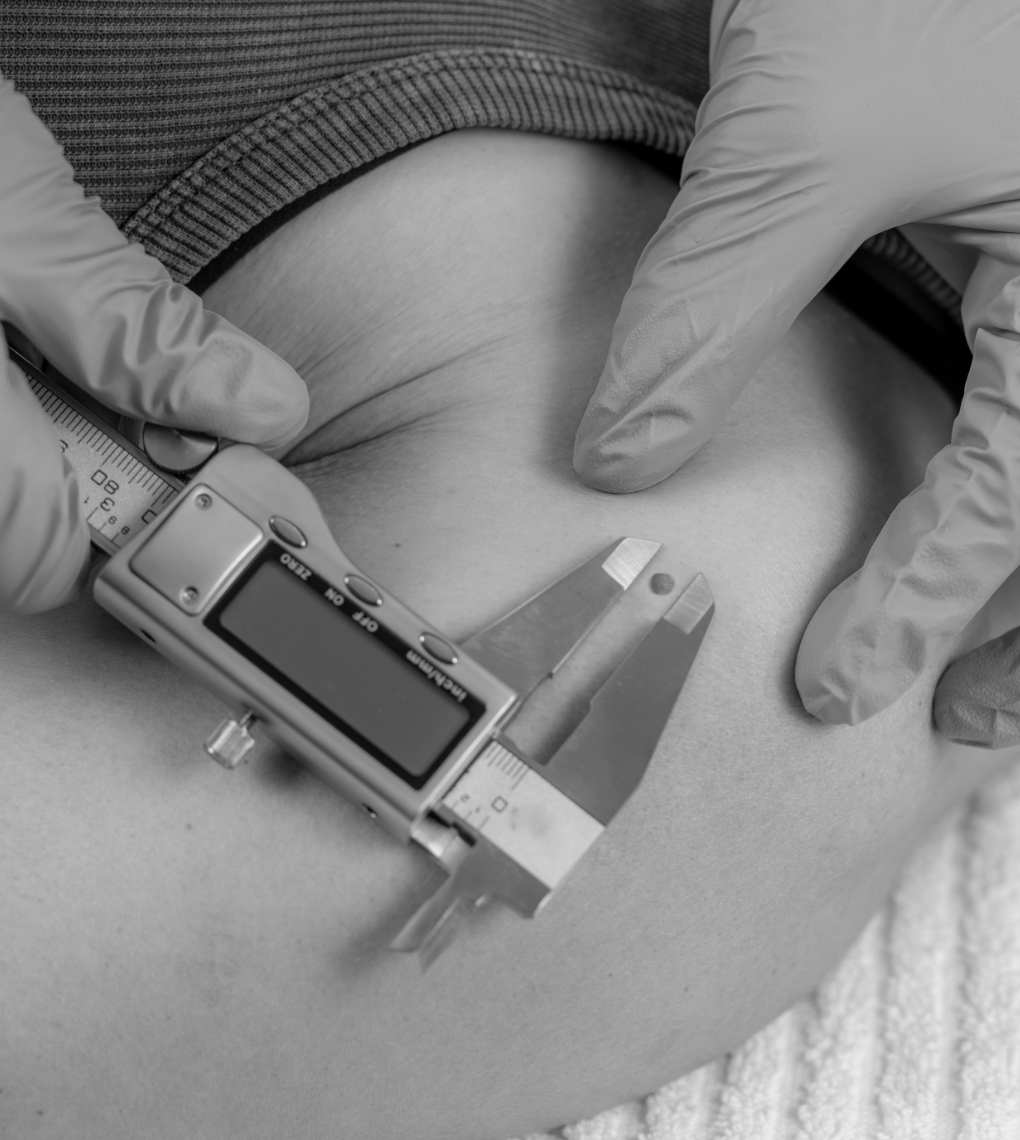
What is Skin Cancer?
Skin cancer is defined as an abnormal growth of skin cells, which have been damaged, due to prolonged exposure to ultraviolet radiation from the sun. However, it is important to note that this type of cancer also develops on areas that are not usually exposed to the sun.
There are three primary kinds of skin cancer:
- Basal cell carcinoma – A form of skin cancer that starts in the basal cells in the skin. These cells create new skin cells as old ones die. It presents as a transparent bump on the skin, but can appear differently. The bump commonly grows in areas often exposed to the sun, such as the face, head and neck.
- Squamous cell carcinoma – This is a type of skin cancer that begins in the squamous cells that are found in the middle and outer skin layers. Though non-fatal, they can develop aggressively when left untreated. They usually appear as red nodules or ulcers on the skin.
- Melanoma – Melanoma is the most dangerous form of skin cancer. It is primarily caused by overexposure to UV radiation. Melanoma warning signs may include lesions or sores that don’t heal, itchiness or pain, or changes in appearance of texture from existing moles.
Basal cell carcinoma and squamous cell carcinoma are known as non-melanoma or keratinocyte cancers. This type of cancer is more prevalent in men, with double the cases than in women. Meanwhile, melanoma is the third most prevalent cancer among Australians.
Skin cancers like melanoma and non-melanoma types can run in families, so if you have a family history of skin cancer, it is considered a risk factor.
How Do You Know If It’s Skin Cancer?
Skin cancers may look different for each individual, due to skin tone, size, type and location on the body. Make sure to familiarize yourself with your skin’s appearance, with a particular focus on spots and moles, so you can observe any changes. Below are a few symptoms to look out for:
- new spots, moles, or existing freckles that have changed in colour, texture, or shape in just a matter of weeks or months
- scaling or crusty sores or lesions that don’t heal
- tiny lumps that are either red or inflamed, or translucent and pearly in colour
When skin cancers are detected early, your chances of getting surgery are minimized. In the case of severe melanoma or other skin cancers, you can prevent possible disfigurement and even death when they’re treated at an early stage.
Who should get checked?
If you live in Australia, you’re at risk. Get checked and get checked regularly. Early detection is crucial in managing skin cancer.
If you have experienced any of the following, book an appointment today.
- Have multiple moles
- Worried about a specific spot or mole
- Experienced sunburn growing up
- Have ever used a solarium
- Have not had a full-body skin check recently
- Noticed any recent changes to your skin
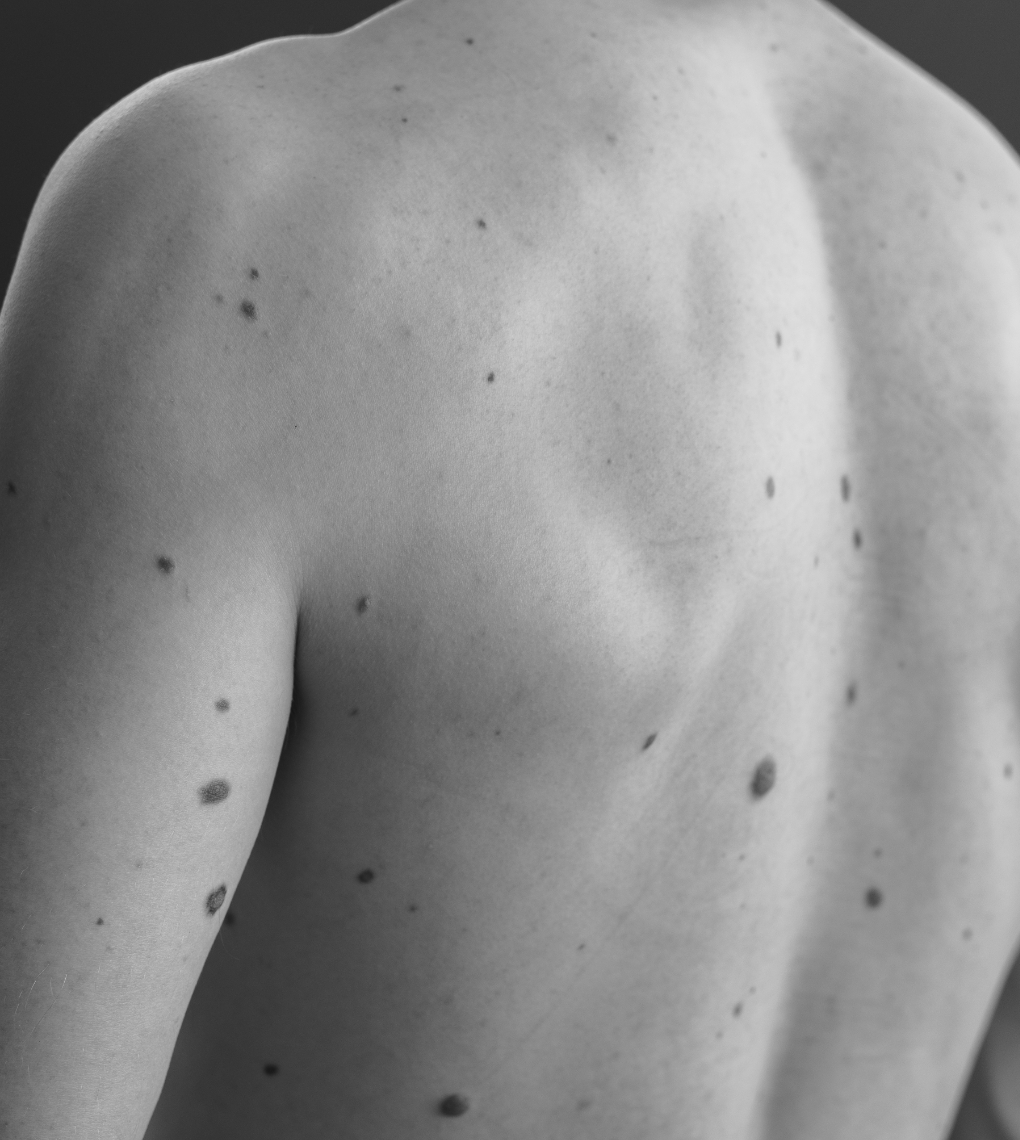
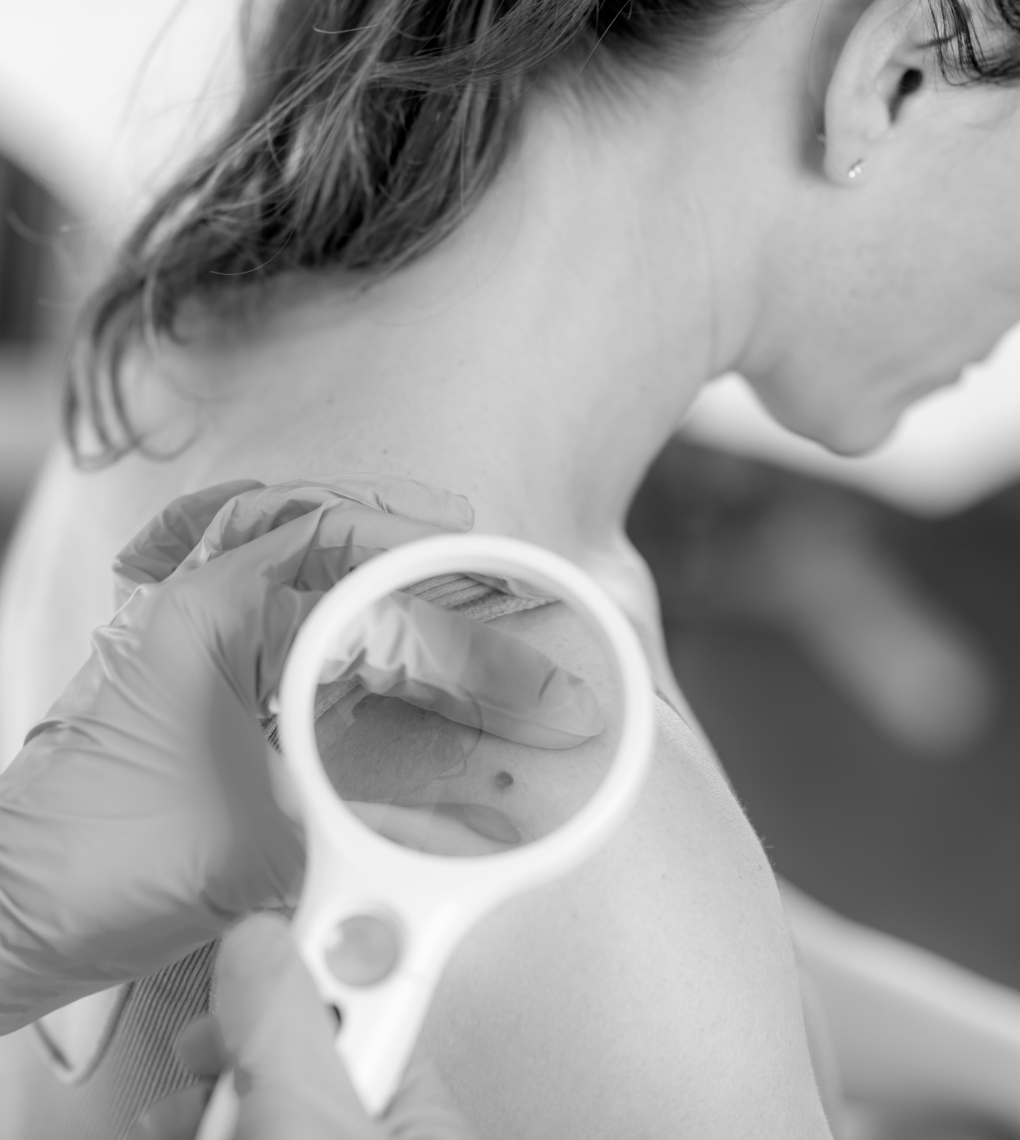
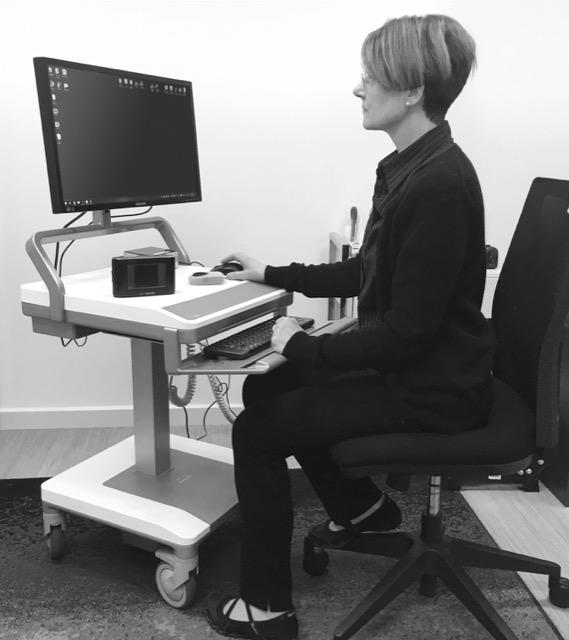
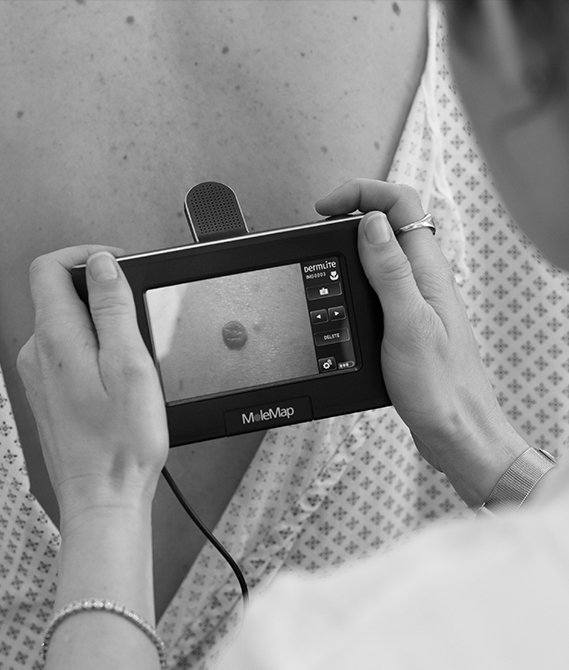
Early Detection through Skin Examination
GPs are skilled and confident when it comes to the detection, identification, treatment and removal of skin cancers and moles. GPs are the first port of call for any concerns you might have. You will receive a thorough examination. The partnership with Molemap offers patients specialist quality skin cancer services and ensures you have customised appropriate management options.
The Molemap service, provides skin cancer assessment and photography by a trained melanographer and expert advice from a dermatologist. This aims to expedite the treatment you need and aims to avoid unnecessary procedures or removals.
Once you have been assessed and a treatment option recommended, your GP will walk you through the next steps as needed. Wherever possible, your GP will perform any necessary procedure, and where they cannot assist, you’ll be referred to a well-reputed specialist to support you further.
Molemap
Did you know that up to 40% of mole removal procedures may be unnecessary? With a Molemap assessment, you can avoid these unnecessary procedures and receive only the treatment you need. This is a unique system, where GPs work with expert dermatologists to identify and treat moles.
Your initial appointment will be with a skilled nurse melanographer. They will conduct a thorough exploration of your skin and moles using state-of-the-art photography and IT systems. The melanographer will take the relevant pictures before passing them on to the Molemap dermatologists who will assess the images properly. These specialists are expertly trained in this area and are able to read your results with precision to offer reliable recommendations.
From there, treatment recommendations will be passed on to your GP who can explain the findings and help design a management plan that will suit you. You can feel comforted that your GP will ensure your program is right for you and is there to make you feel reassured that your treatment is on track.
Biopsy & Excisions
Our facilities are modern with hospital-standard sterilisation and procedures. Our GPs are skilled, experienced and properly equipped to perform any number of minor procedures on-site. If your skin cancer treatment requires the removal of a mole and/or skin cancer, in most instances one of Hunters Hills Medical Practice doctors will be able to perform the excision. One of the greatest advantages of this service is that you’ll receive quality care in a timeframe that suits you, often times without the hassle of engaging another medical professional.
Our treatment facilities are run by our expert team of nurses, who ensure things run smoothly and efficiently. They’ll be there to take care of you throughout the process, and support your GP in the treatment you require.
Our excisions are performed under a local anaesthetic and you can feel comfortable and safe knowing your GP, who knows you and your health history, will be there every step of the way. For many of our patients, our own GPs will be able to perform biopsies and minor excisions at our medical practice. In some cases, the skin biopsy will actually remove the whole cancer and you won’t need to do anything else. Should the skin cancer be more complex, you could then be referred to a dermatologist or plastic surgeon. Our GPs will explain every step and ensure you are happy and comfortable with your treatment options.
Call Us on 1800 665 362 to book an appointment today!

